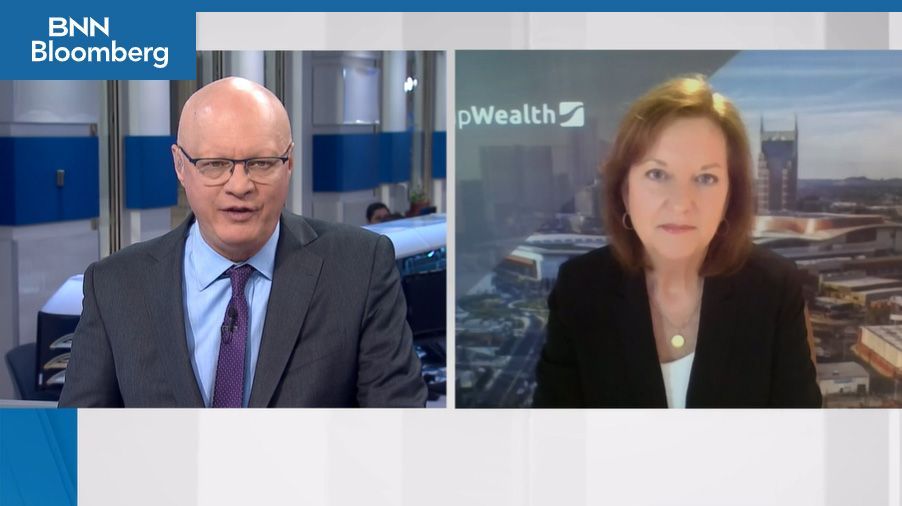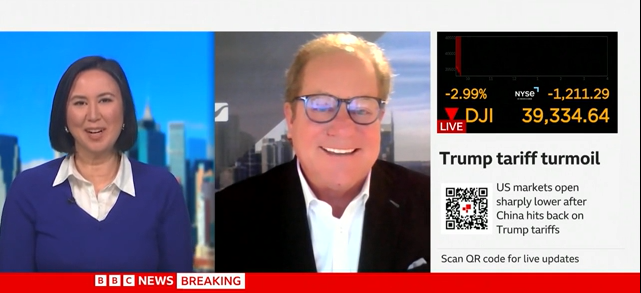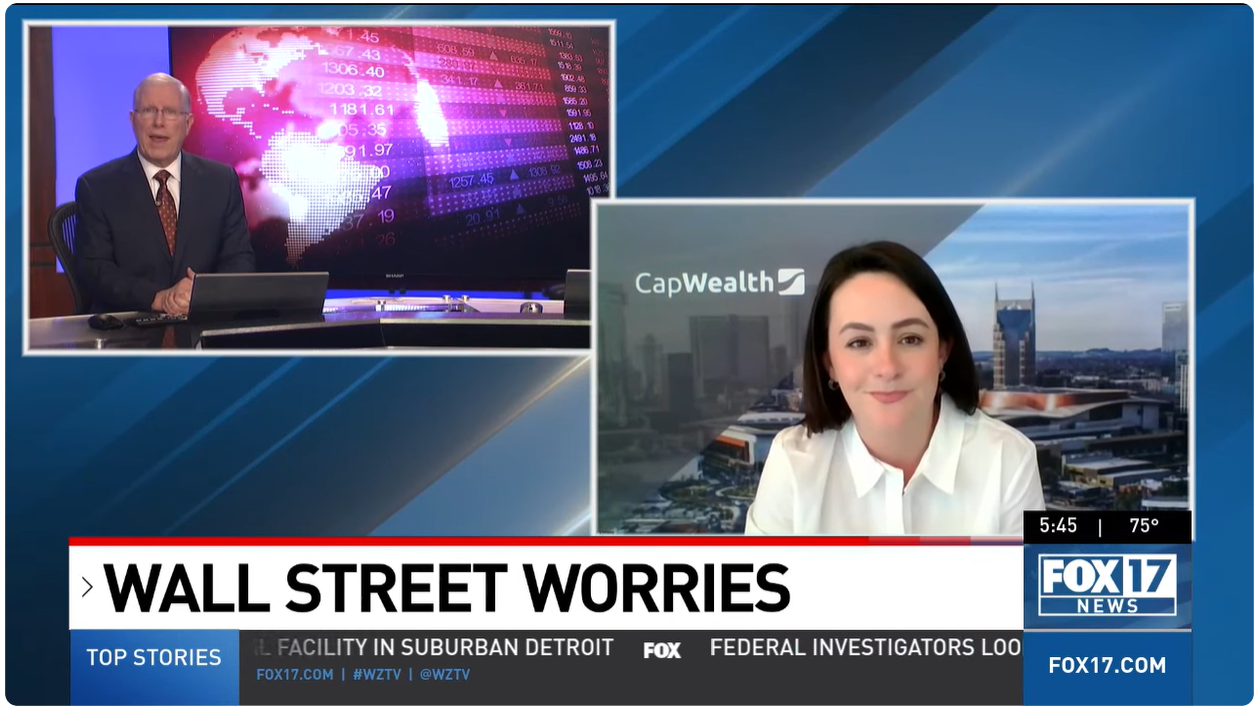Generous millennials donate time, not money
December 25, 2015
With the holiday season here, many of us are spending time with family and friends and reflecting on the things that we’re grateful for. This naturally brings many of us — including millennials, as you may be surprised to hear — to think about the less fortunate and what we can do to help them.
People frequently try to stereotype my generation. We’re lazy, entitled, apathetic, hopelessly tuned out and excessively plugged into our digital devices. But the truth is, millennials are very much engaged in lending a helping hand to others. Study after study has shown that, rather than making monetary donations, millennials are more likely to donate their time, skills and effort to causes that are important to them.
Passion for volunteering
The majority of charitable giving comes from baby boomers, which is no surprise, given the struggles with college debt and job prospects that millennials face. But instead of pulling out their checkbooks, millennials donate their time to charitable causes that they’re passionate about, according to a recent study by insurer Country Financial.
Befitting a generation that seeks connection (through Facebooking, tweeting, Instagramming, etc.), 97 percent of millennials would rather give skills than money to a cause they support, according to the 2014 Millennial Impact Report by the Achieve research and creative agency and sponsored by the Case Foundation.
Moreover, 78 percent of them prefer working in groups for a cause, rather than alone. Their favorite charities are those that affect a family member or a friend or have strong community ties. Today’s young people volunteer more than their parents did at their age: 20 percent of adults under 30 volunteered in 2013, up from 14 percent in 1989, according to census data analyzed last year by the Corporation for National and Community Service. And it’s likely that millennials’ volunteering rate will increase — past generations have peaked in their 30s and 40s, when as parents they gave time to schools, youth groups or community work.
As 22-year-old fourth-grade teacher Jessica King told The Huffington Post earlier this month, “Checks can be written and buttons can be pressed online, but giving a week’s worth of food to someone that you packaged up yourself, that is a different kind of human connection.”
New approach for charities
So what does this mean for charities? They will need to alter the way that they reach out to millennials by using technology — websites, social media and smartphone apps — and making it clear that volunteer hours are as welcome as monetary donations. As millennials age and accumulate more wealth, they’ll give more green stuff too, but they’ll probably not outgrow their belief that time, skills and effort are equally or more valuable.
Tax tips for giving
For millennials who do elect to give money to charity, this year-end generosity may pay off at tax time. Here are the basics you need to know:
- Donations must be made by the end of the tax year for which you want to claim a tax deduction, so make sure your check is dated and postmarked Dec. 31 or earlier, your credit card is charged by year’s end and any cash gifts are recorded by the charity by Dec. 31.
- Do your due diligence, because only contributions to IRS-qualified charities are deductible. Check out the charity through GuideStar.org, CharityNavigator.org or the IRS’s Exempt Organizations Select Check tool.
- Keep proof of your giving in the form of bank statements, canceled checks and credit card receipts. For gifts of cash or real property of $250 or more, keep the acknowledgement letter that the charity will provide showing the date and value of your donation. For non-cash gifts totaling more than $500 for the year, you’ll need to complete and attach IRS Form 8283 to your tax return.
- You must itemize expenses on a Schedule A form to deduct charitable donations. Otherwise, you’ll be claiming the standard deduction and will get no credit for your charitable giving.
- The amount you can deduct is limited to 20 percent, 30 percent or 50 percent of your adjusted gross income, depending on what you donated and the type of charity you gave it to. Gifts to most public charities will qualify for the 50 percent limit. For private charity giving, the rules get complicated, so you should talk to your financial adviser or tax professional about these gifts.
Jennifer Pagliara is a financial adviser with CapWealth Advisors, LLC, and a proud member of the millennial generation. Her column speaks to her peers and anyone else who wants to get ahead financially. For more information about Jennifer, visit www.capwealthadvisors.com.













